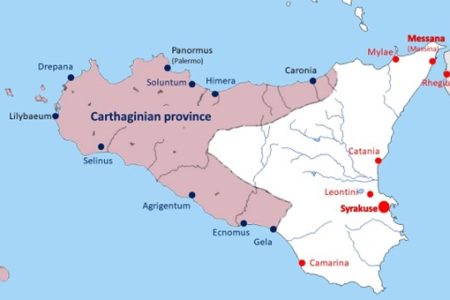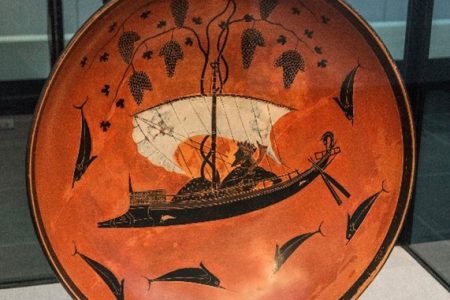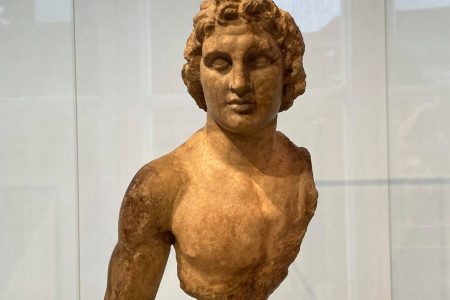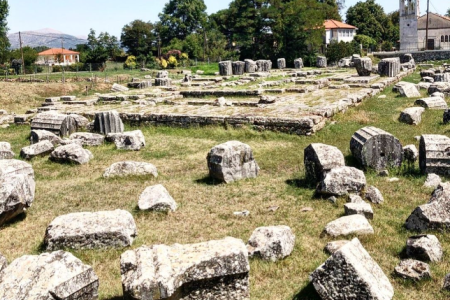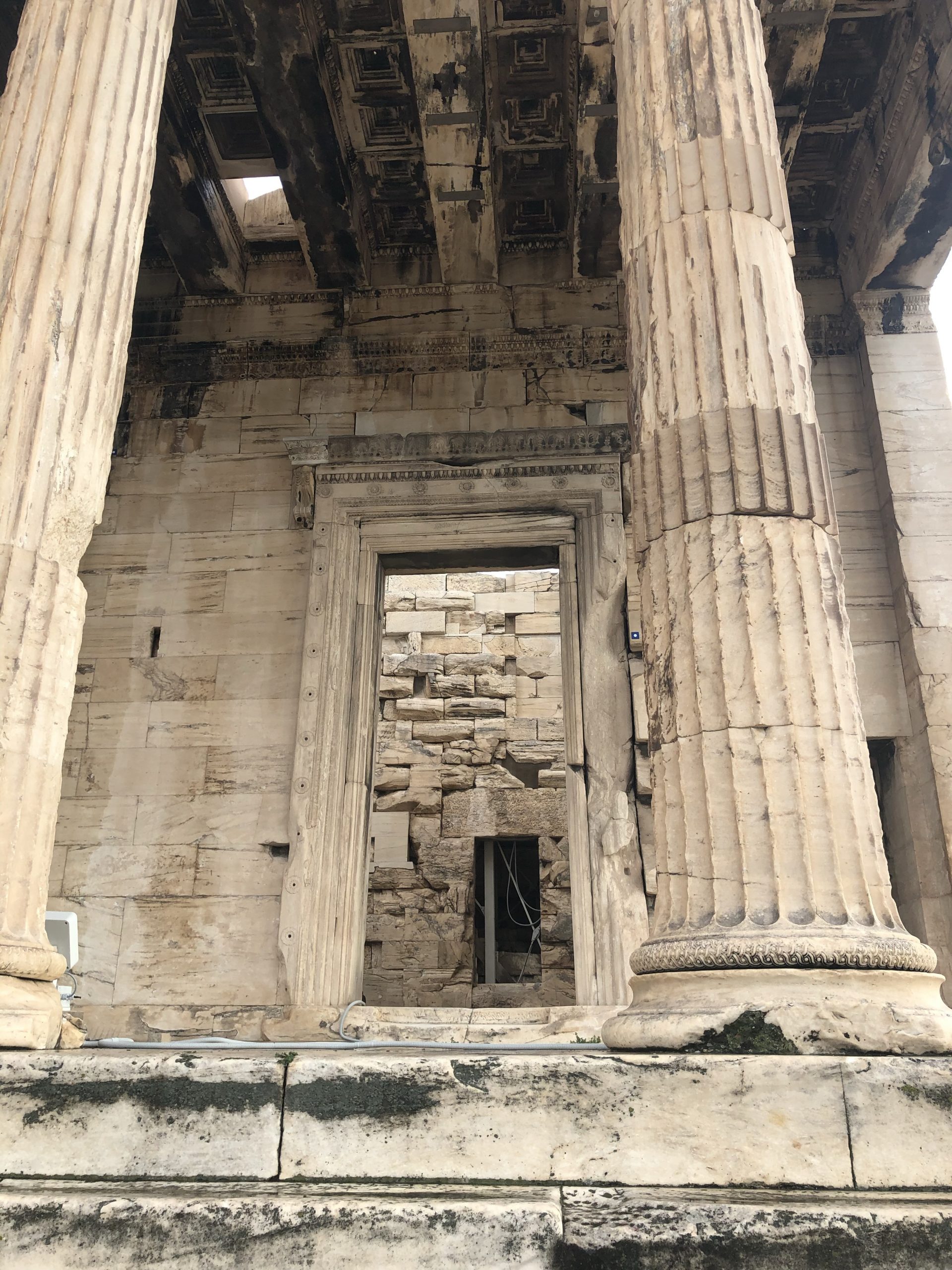In June 310 BC, a fleet under the command of Agathocles, the tyrant of Syracuse, set sail to Africa, in order to attack Carthage. After six days of sailing, once encountering and driving away a carthaginian fleet, Agathocles landed somewhere near Cape Bon (in modern day Tunesia). He ordered his ships to be burned, so …
